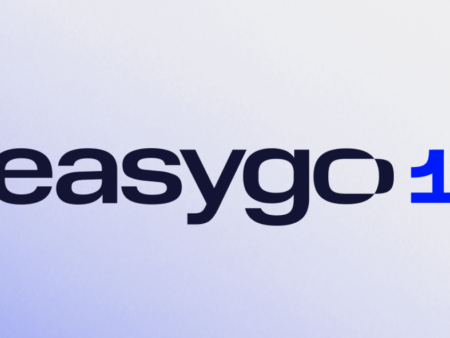Ian Macintyre, SEO Copywriter at Altenar, explains how DNS, IP blocks, DPI, payment bans, and app controls target illegal offshore gambling. He also highlights areas where enforcement still falls short.

Blocking illegal gambling sites sounds such as policy decision, but in practice, it’s an engineering challenge. Countries are using increasingly complex technical tools to block offshore gambling platforms. These include DNS interference, payment blocks, and deep packet inspection. While others are still catching up, some are building layered defense systems.
However, even as enforcement gets smarter, the question lingers–is it working? Operators adapt. Domains shift. VPNs blur borders. As well as decentralized platforms are already rewriting the rules entirely.
In this article, SEO copywriter of Altenar, Ian Macintyre, explores the actual technologies governments use to restrict illegal gambling sites, one layer at a time. He also asks the harder questions: What’s working? What’s falling short? And as AI, blockchain, and adtech enter the enforcement picture, are we creating stronger safeguards, or simply shifting it somewhere harder to detect? Let’s break it down.
The battle against offshore gambling remains a pressing concern for regulators worldwide in 2025. Despite significant strides in legalizing and regulating online gambling, unlicensed operators continue to thrive.
They exploit regulatory gaps and technological loopholes.
These unregulated platforms pose substantial risks.
The European Commission has highlighted the rise of unlicensed sites that bypass customer due diligence and reporting requirements. It has identified online gambling as a high-risk sector for money laundering and terrorist financing. Such operations not only facilitate illicit financial activities, however, also result in significant losses of tax revenue for governments.
The existence of these illegal sites undermines efforts to promote responsible gambling and maintain industry integrity for licensed operators. Players attracted to unregulated platforms often face unfair game practices. They also risk a lack of dispute resolution mechanisms and potential data breaches.


